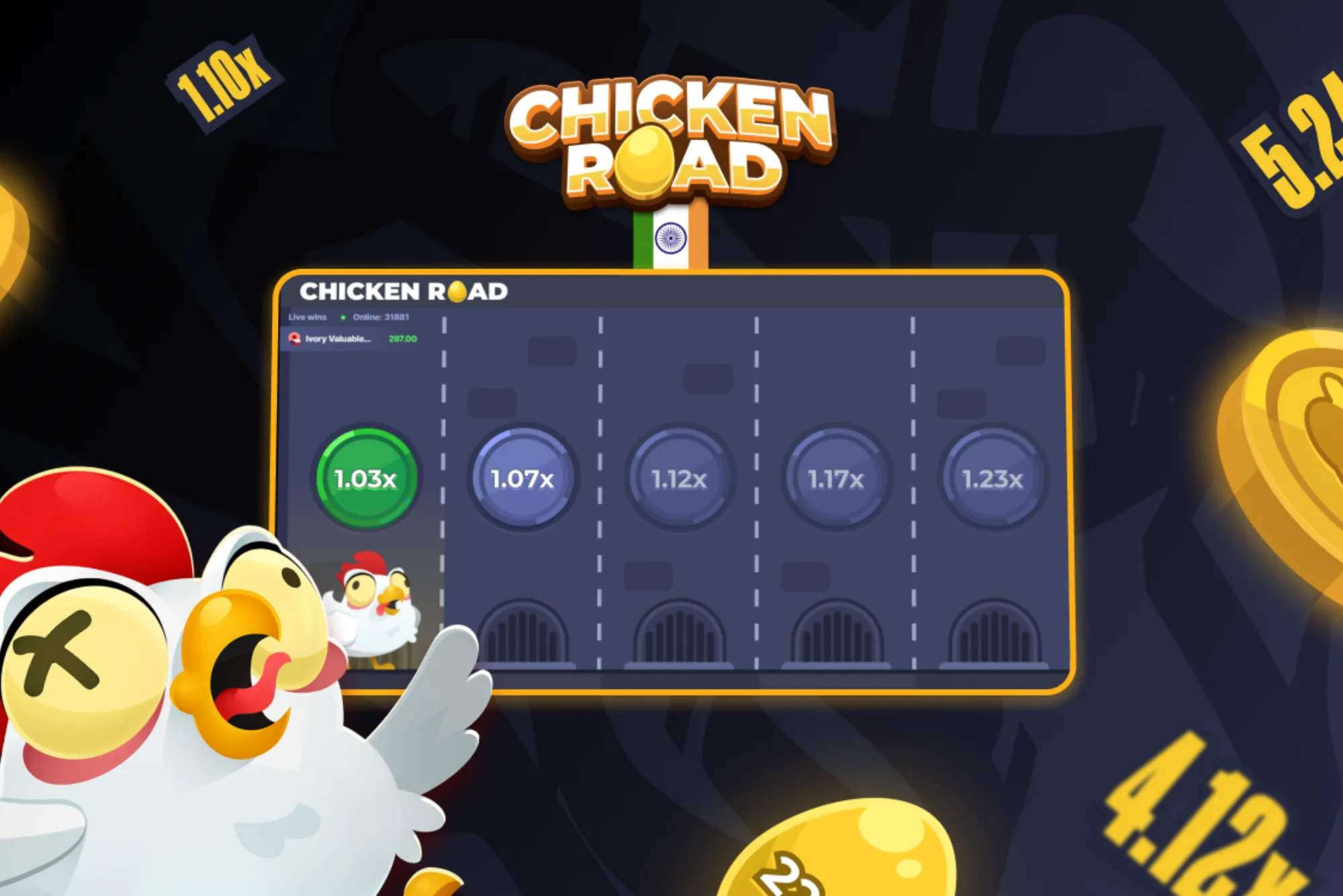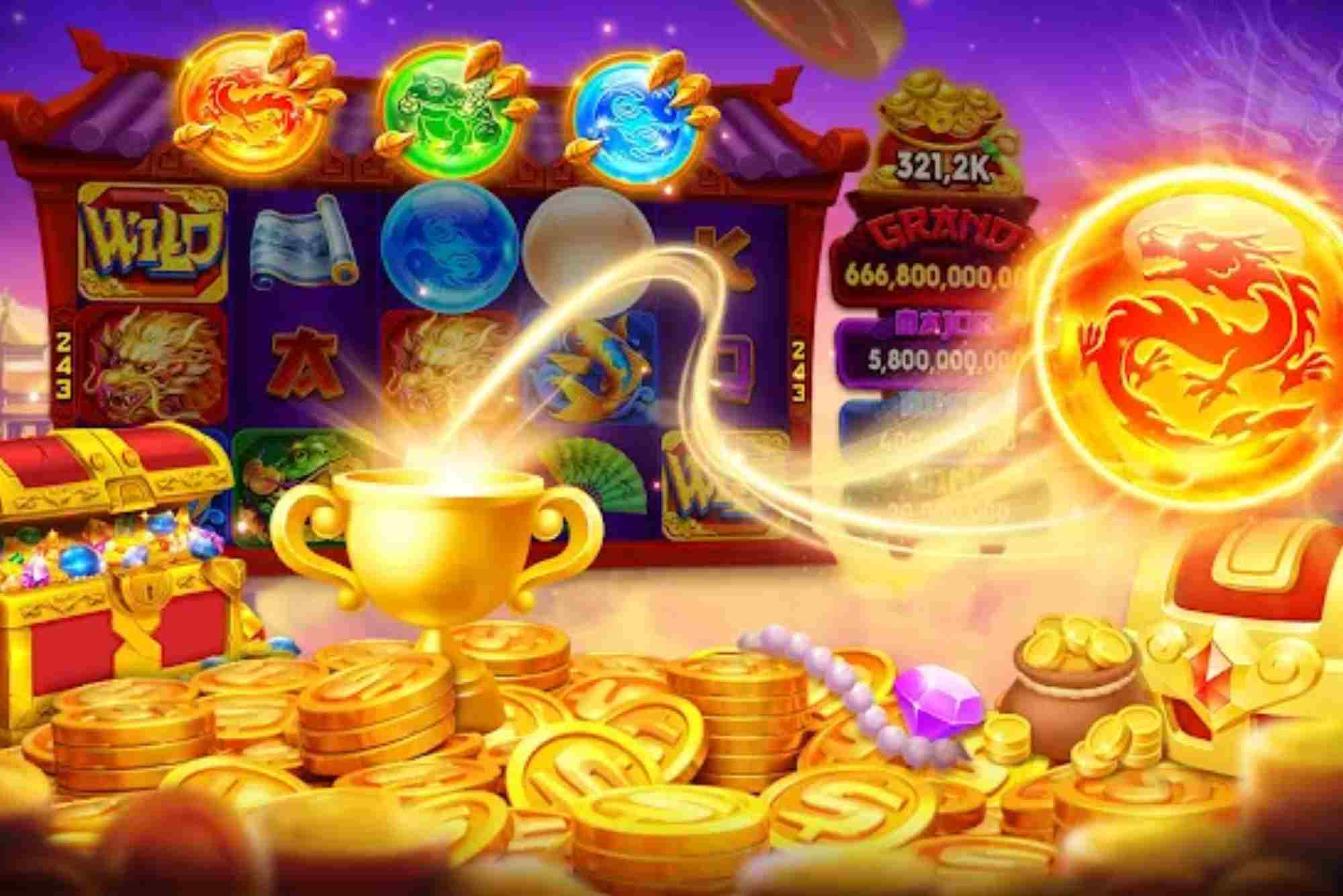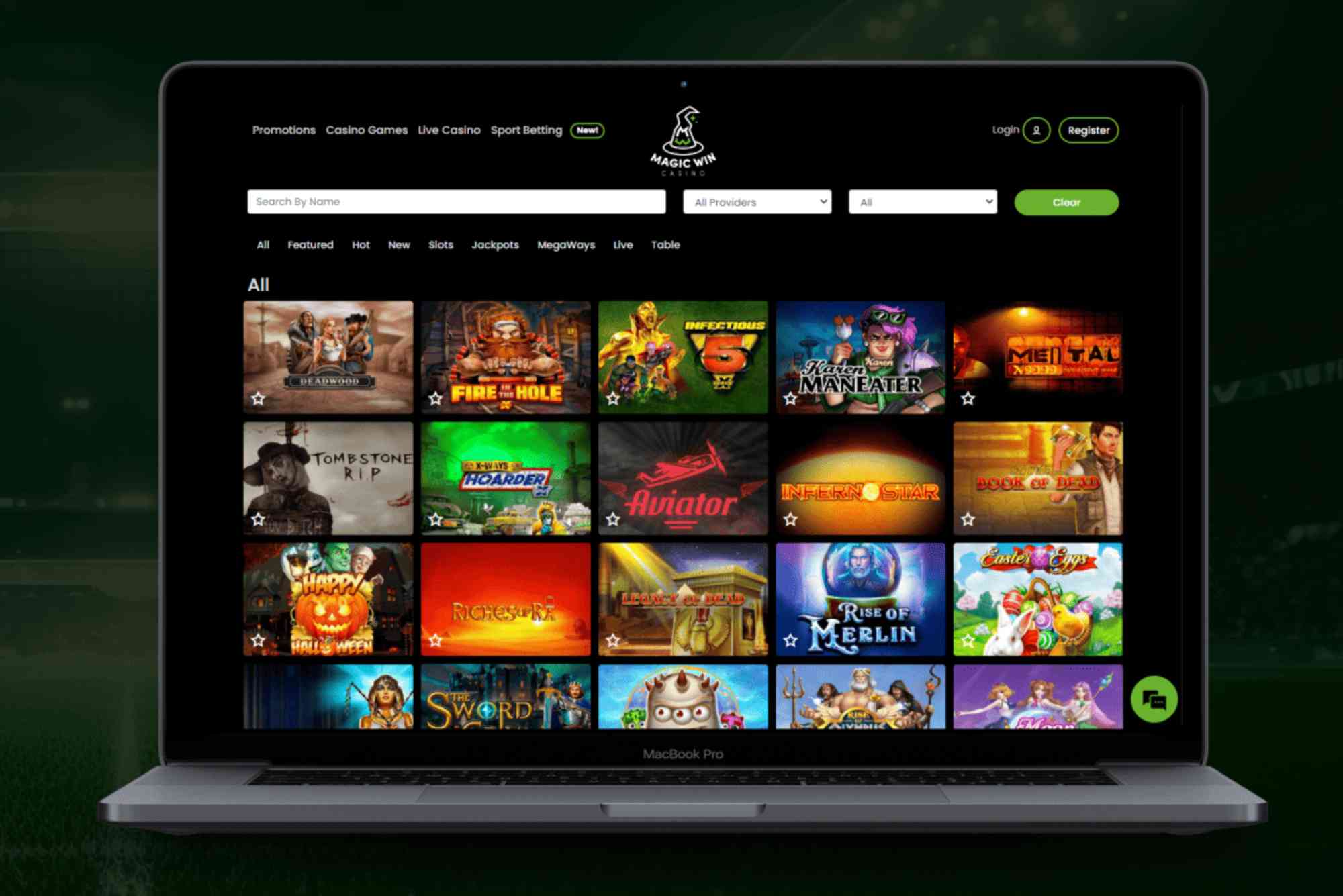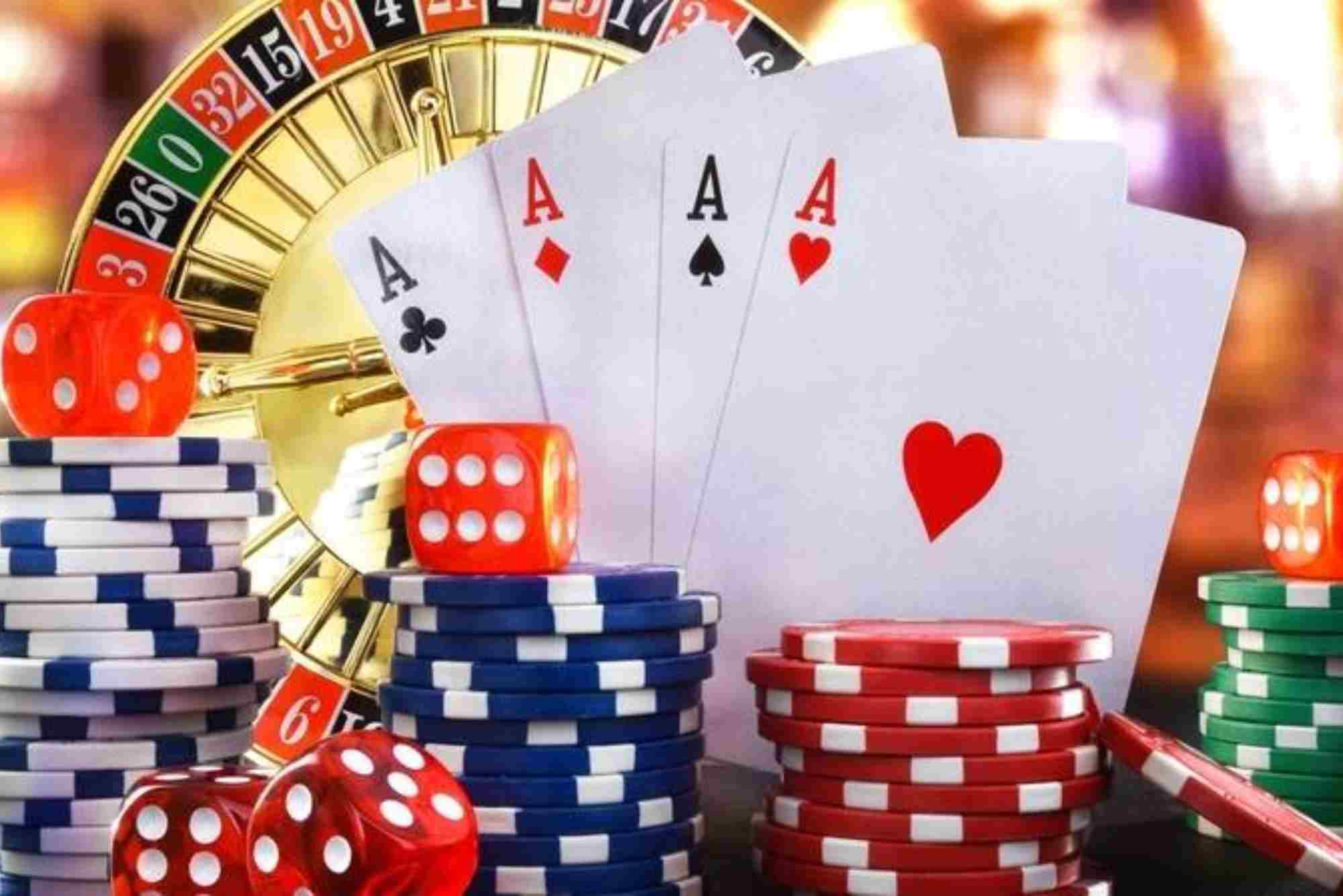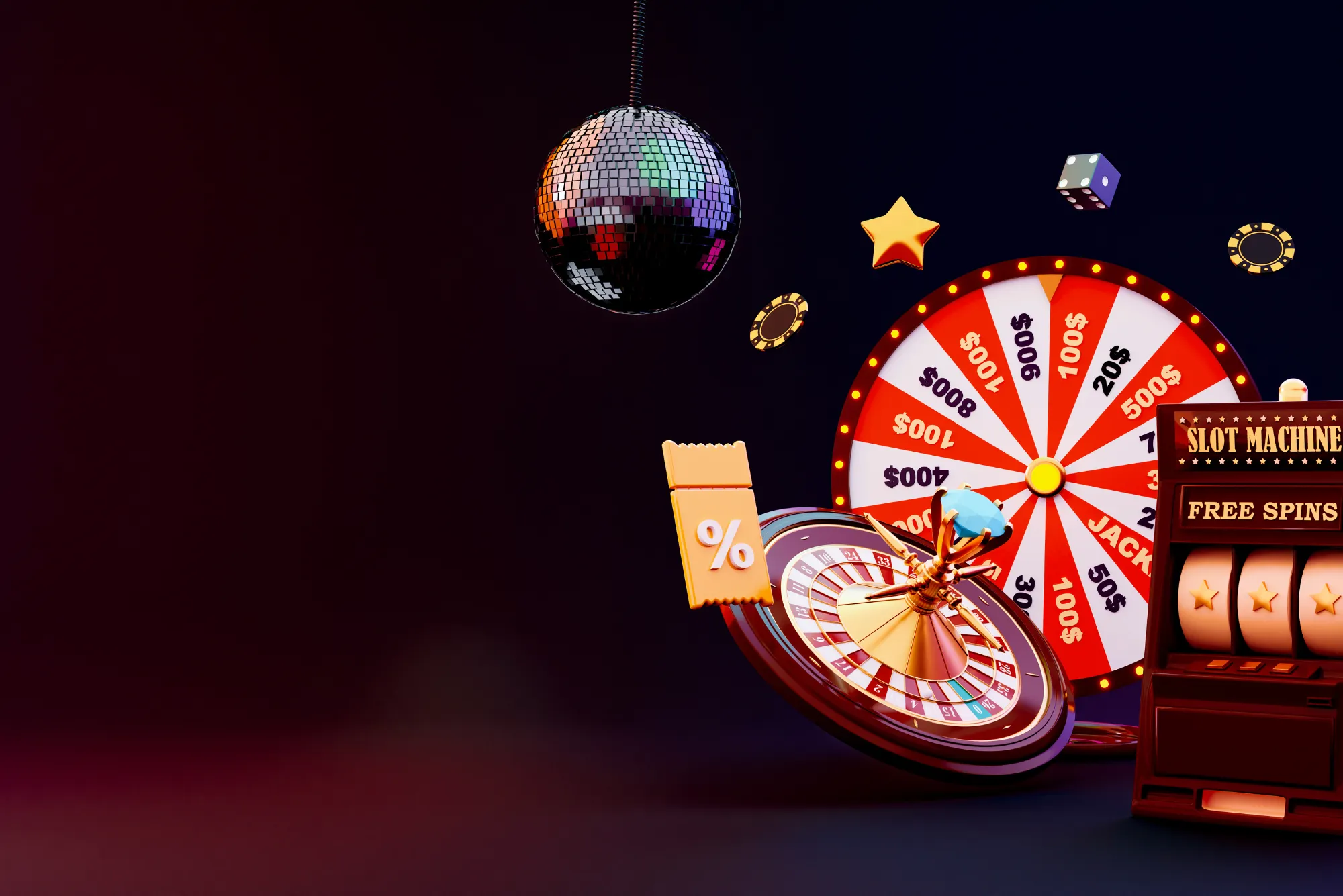There’s something oddly fascinating about games that simulate danger without actually putting us in harm’s way. One of the most enduring examples is the “chicken road game.” Whether you’ve played it on an old arcade machine, downloaded it as a mobile app, or simply know it by reputation, you probably recognize the premise. A character—often a chicken, frog, or another quirky avatar—has to cross a busy road filled with speeding cars, trucks, and obstacles. The challenge is simple: get to the other side without getting hit.
But what really happens when you lose in the chicken road game? The question might sound playful on the surface, but it opens the door to something deeper. Beyond the funny animations of flattened chickens or squashed avatars lies a discussion about risk, consequence, decision-making, and even the psychology of why we keep playing.
As someone who grew up playing iterations of this game—starting with the old-school Frogger in arcades and later losing countless hours to Crossy Road on my phone—I’ve seen firsthand the thrill, frustration, and lessons that come with losing. And surprisingly, it’s not just about the game. There are parallels to life, and losing in the chicken road game can teach us more than we realize.
The Immediate Answer: Losing Means Getting Hit
The straightforward response is easy: when you lose in the chicken road game, your character gets hit by a car, falls into the water, or otherwise fails to cross safely. The screen flashes a defeat animation, your score freezes, and you’re asked to try again.
But what makes this simple failure so engaging is the way it’s framed. Unlike many games where losing might mean a reset or “game over” screen, chicken road-style games make losing part of the humor. The flattened chicken, the goofy sound effects, the abrupt stop—it’s frustrating, yes, but it’s also funny. You don’t walk away discouraged; you almost always want to hit “play again.”
That loop of risk, failure, and retry is at the heart of why this game has remained so addictive for decades.
Why We Keep Playing Even After Losing
One of the fascinating aspects of the chicken road game is how it embraces loss as an expected part of the experience. You’re not supposed to win every time. In fact, losing is the norm. The cars are too fast, the logs move too quickly, and your timing is rarely perfect.
Psychologists call this a “variable reward system.” Just like slot machines, these games give you unpredictable outcomes. Sometimes you’ll cross several roads flawlessly and feel on top of the world. Other times you’ll fail within seconds. This unpredictability makes the game more engaging than if it were simply a guaranteed win after enough tries.
So when you lose, the natural reaction isn’t to give up—it’s to try again. You convince yourself, “Next time, I’ll get it right.” And that little surge of optimism keeps players hooked.
Losing as a Teacher of Timing and Patience
The chicken road game is, at its core, a lesson in timing. Cars zoom at different speeds, rivers carry logs unevenly, and trains come out of nowhere. If you rush without observing, you’ll almost certainly lose.
When I first started playing Crossy Road, I was impatient. I’d hammer the jump button without thinking, and sure enough, I’d lose within seconds. Over time, I realized the key wasn’t just speed—it was observation. Waiting a few moments to recognize a pattern, letting one lane clear before moving into the next, or resisting the urge to panic when a truck approached all made the difference.
So what happens when you lose? You’re reminded that haste has consequences. Losing teaches patience. And in a strange way, that’s a valuable real-world lesson. Whether it’s crossing an actual street, making a business decision, or even managing relationships, sometimes waiting for the right moment is more important than charging forward.
The Humor and Humanity in Losing
Games like the chicken road game wouldn’t be as popular if losing felt punishing. Instead, they lean into humor. The sight of a pixelated chicken getting flattened or a silly sound effect of defeat makes the loss lighthearted. It takes away the sting of failure and replaces it with a smile.
That approach is worth noting in everyday life too. Failure isn’t always the end; sometimes it’s just a funny moment to look back on. Losing in a game reminds us that mistakes don’t have to carry shame. They can be part of the journey, even something to laugh about.
I remember once playing with my niece, who was just learning the game. She would lose almost immediately every time, and instead of getting upset, she burst into laughter. To her, the flattened chicken was hilarious. Watching her reminded me that losing is only as heavy as the weight we give it.
The Real-Life Parallel: Risk and Reward
At its heart, the chicken road game is a metaphor for real-world risk. Every time you step into traffic (in the game), you’re making a calculated decision: is now the right moment? If you’re right, you progress. If you’re wrong, you lose.
Life isn’t so different. Whether it’s applying for a new job, making an investment, or speaking up in a meeting, we’re constantly playing our own version of the chicken road game. Sometimes we succeed, and sometimes we get metaphorically “hit by a car.” But losing isn’t the end. Like in the game, we dust ourselves off and try again, often with a little more wisdom than before.
When you lose in the chicken road game, you’re reminded that risk is necessary for growth. If you never step into the road, you’ll never reach the other side.
The Role of Frustration and Resilience
Of course, losing isn’t always fun. There are times when repeated failure in the game can get genuinely frustrating. You might feel like you’re stuck, unable to get past a certain point. But here’s the thing: resilience is built in those moments.
One night, I found myself playing Crossy Road for over an hour, determined to beat my high score. I kept losing around the same mark. It was maddening. But with each failure, I started noticing tiny adjustments I could make. Maybe pause one extra beat before crossing. Maybe switch lanes earlier. Eventually, I pushed past my barrier and set a new personal record.
That sense of accomplishment wouldn’t have existed without the struggle of losing. In fact, the loss made the win sweeter. The same principle applies to bigger challenges in life. Losing tests your resilience, and resilience often paves the way to progress.
The Social Side of Losing
Another overlooked aspect of the chicken road game is how losing plays into its social charm. High scores are meant to be shared, whether it’s on leaderboards, with friends, or simply in a family living room. Losing gives context to those victories.
When you lose, you create a story. “I almost made it across the train tracks but got clipped at the last second!” That story becomes part of the fun, part of the memory. Games are rarely just about personal achievement; they’re about the shared experiences we build with others. And losing is a huge part of that shared narrative.
Why Losing Matters More Than Winning
So, what truly happens when you lose in the chicken road game? You get hit, you laugh (or groan), and you start over. But if you zoom out, you realize something else: losing is the point.
If players never lost, the game wouldn’t have longevity. It would be over in minutes, forgotten as quickly as it was downloaded. It’s the repeated cycle of losing and learning that makes the game addictive, entertaining, and strangely meaningful.
And isn’t that just like life? We often think the goal is to win, to reach the other side without stumbling. But the truth is, the losses shape us just as much—if not more—than the wins.
Final Thoughts
Losing in the chicken road game might seem like a small, silly thing. Your avatar gets squashed, the screen resets, and you try again. But beneath that simple loop lies a lesson in patience, humor, resilience, and risk-taking.
What happens when you lose in the chicken road game? You learn. You adapt. And most importantly, you realize that losing isn’t the end—it’s the beginning of the next attempt.
The next time you find yourself failing in the game, don’t just see it as defeat. See it as practice for life’s bigger crossings. After all, the road is never-ending, the cars are always coming, and the only way forward is to keep playing.


